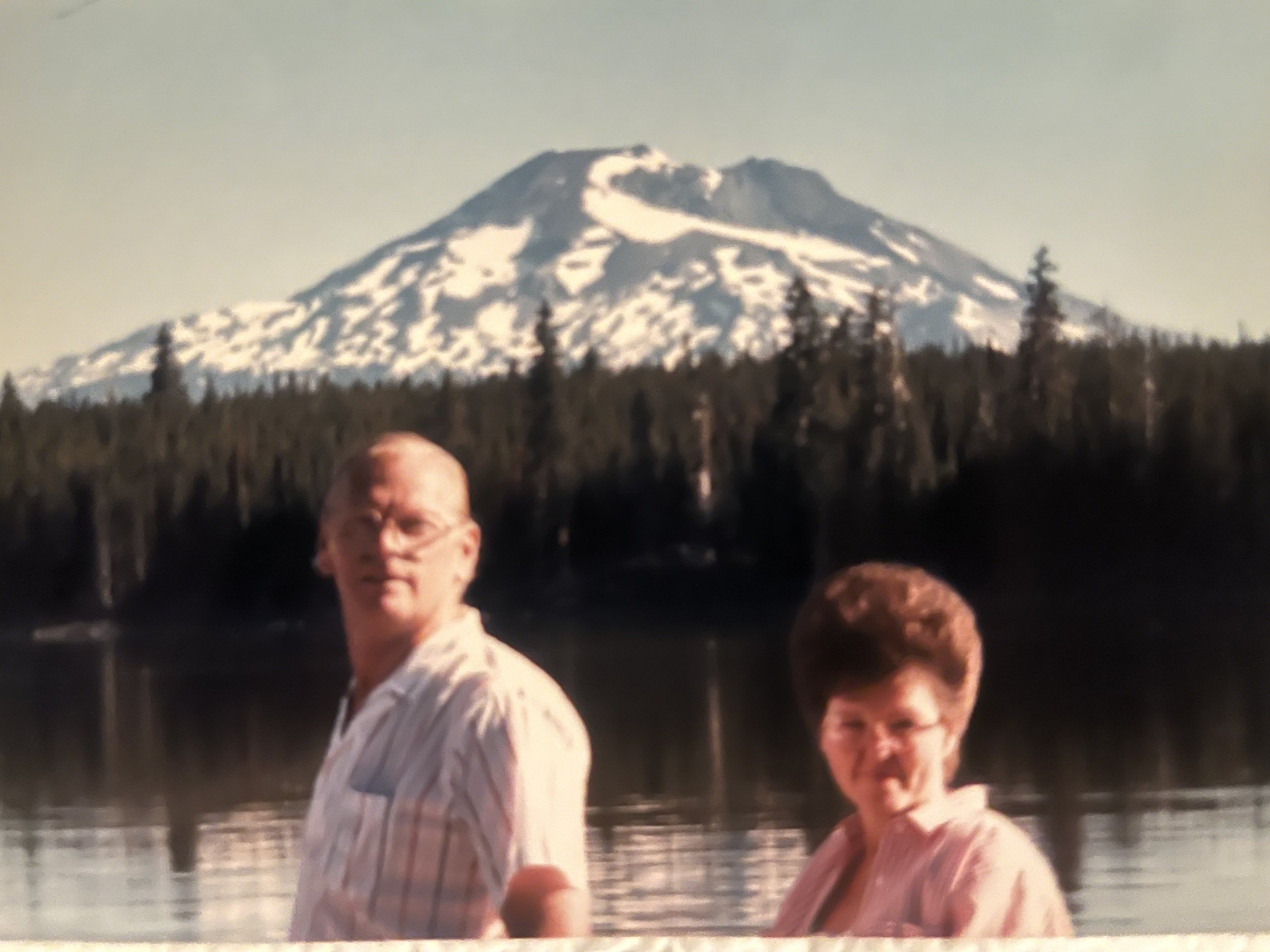
Joaquín Lara Midkiff is a Dean's Fellow in the Department of History at Stanford University. His scholarship focuses on Indígena communities from Mexico and Central America in social and labor movements in the United States during the twentieth century. His earlier work centered on social histories of Oregon’s Indigenous migrant communities in the post-IRCA period.
His essays on houselessness, disability justice, and immigration have appeared in the Oregonian, Truthout, Statesman Journal, New Haven Register and Yale Review of International Studies, among others. His poetry was included in The Future Lives in our Bodies (Abalone Mountain Press).
Based in the Pacific Northwest, Joaquín comes from a family of working-class folks from Oklahoma, northern California, and Nahua migrant farmworkers from Guerrero’s cohuixca. He has served Oregon communities on public and non-profit boards, including Cherriots (Salem Area Mass Transit), the Oregon Disabilities Commission, and PCUN, Oregon’s farmworker union.
He earned his B.A. from Yale University.





